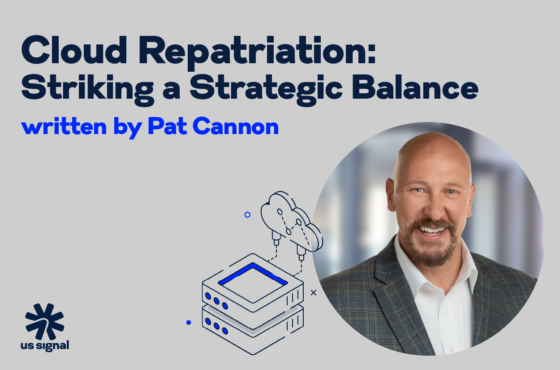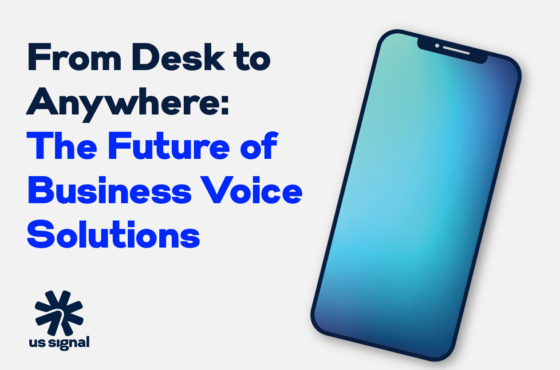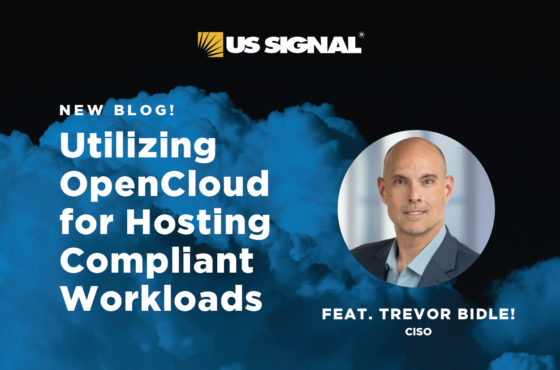Retail Cloud Services Offer a Competitive Edge
February 20, 2018
Cloud, Compliance, Data Protection, Retail
From chatbots and virtual reality to drones and 3-D printing, there are a lot of exciting things happening in the retail industry. Unfortunately, not as many retail organizations are taking advantage of these innovations as might be expected. In fact, some are struggling just to keep their websites from crashing during peak online shopping periods.
The problem: they haven’t fully embraced the cloud.
Despite the availability of cloud retail services, many retail organizations are still employing outdated IT systems and missing out on the benefits the cloud offers. It’s not just a matter of not being able to take advantage of emerging technologies. Without cloud services, these companies are missing out on advantages afforded by the cloud’s scalability and cost savings and its ability to facilitate agility and innovation.
Scalability for Savings
Cloud computing enables retail organizations to easily scale their compute, storage and other IT resources to meet changing business and computing requirements. For example, many retailers need to handle web traffic surges during product launches, holiday seasons and special promotions. With the cloud, they can easily increase their IT resources when needed and reduce them when demand dies down. There’s no need to build out infrastructure to accommodate peak demand and then leave that extra capacity idling for long periods.
There’s also the operating expense versus capital expense benefit. Hardware and software purchases are considered capital expenditures. These purchases entail large upfront investments and require IT personnel to run and maintain these assets. With cloud services, many of the costs typically associated with hardware and software implementation, updates, maintenance and license fees are bundled together and offered on a subscription basis or on a pay-per-use basis, both of which can be accounted for as operating expenses.
Agility for Innovation
Cloud services free up the internal resources required to manage IT infrastructure. With cloud services providers (CSPs) handling the management and maintenance of the infrastructure, IT staffs within retail organizations can instead focus on more strategic business objectives. Among them: exploring the use of cloud-based solutions to deliver more personalized customer experiences; integrating tasks like inventory and order processing to improve restocking capabilities; employing big data analytics to gain insight into the purchasing habits and shopping preferences of customers, and more
Of course, the aforementioned pursuits require massive amounts of data. Again, it’s the cloud to the rescue. For one thing, cloud technologies help power big data analytics. Armed with important knowledge about customer preferences and buying patterns, retail organizations have better insight into what will and won’t sell.
With elastic computing resources and lower capital expenses, it’s also more economically viable for retail organizations to explore and test new solutions. The increased agility and flexibility also enables these companies to more quickly launch and implement new business models and processes to close more sales, increase productivity and more.
For example, they can try out cloud-based point-of-sale systems that eliminate space-consuming counter tops and check-outs. Instead, sales associates can complete transactions anywhere in a store. Or they can test out having stores double as distribution centers by employing cloud-powered, real-time inventory control. That reduces the need for time-consuming, error-prone stock takes and reduces time for flagging up low quantities and checking other locations for products. As a result, retailers can more efficiently and effectively fulfill customer orders.
Leveraging Trends and Technologies
Let’s not forget the opportunities that cloud computing offers in terms of improving the mobile point-of-sale experience and processing payments instantly. The cloud can also help retail organizations take advantage of the data generated by the rapidly growing number of connected devices. Retail organizations that leverage cloud services will be better positioned to develop digital capabilities and quickly access data about customer preferences and more from IoT devices, as well as from social media analytics and cognitive intelligence.
Those innovations discussed at the beginning of this blog? The cloud enables them as well as 3D in-store maps, mobile wallets integrated with loyalty programs, virtual reality tools that allow shoppers to “try on” clothes and a variety of things that are yet to be seen.
The Security and Compliance Benefits
On top of everything else they must deal with, most retail organizations also must meet PCI DSS requirements. Cloud services can help with this as well. Look for cloud services that are PCI DSS certified, which can help meet compliance requirements as well as ensure greater security. Cloud service providers that undergo annual audits for compliance with HIPAA and other regulatory requirements also typically offer greater security assurance.
Take Your Business to the Cloud
Whether or not your organization is in the retail industry, there’s a good chance that cloud services can provide you with numerous benefits. To learn what the cloud can do for your business, start by talking to a US Signal solution architect. Our team of professionals are experienced in working with companies across a wide spectrum of industries, including retail. Call 866.2. SIGNAL or email [email protected].


